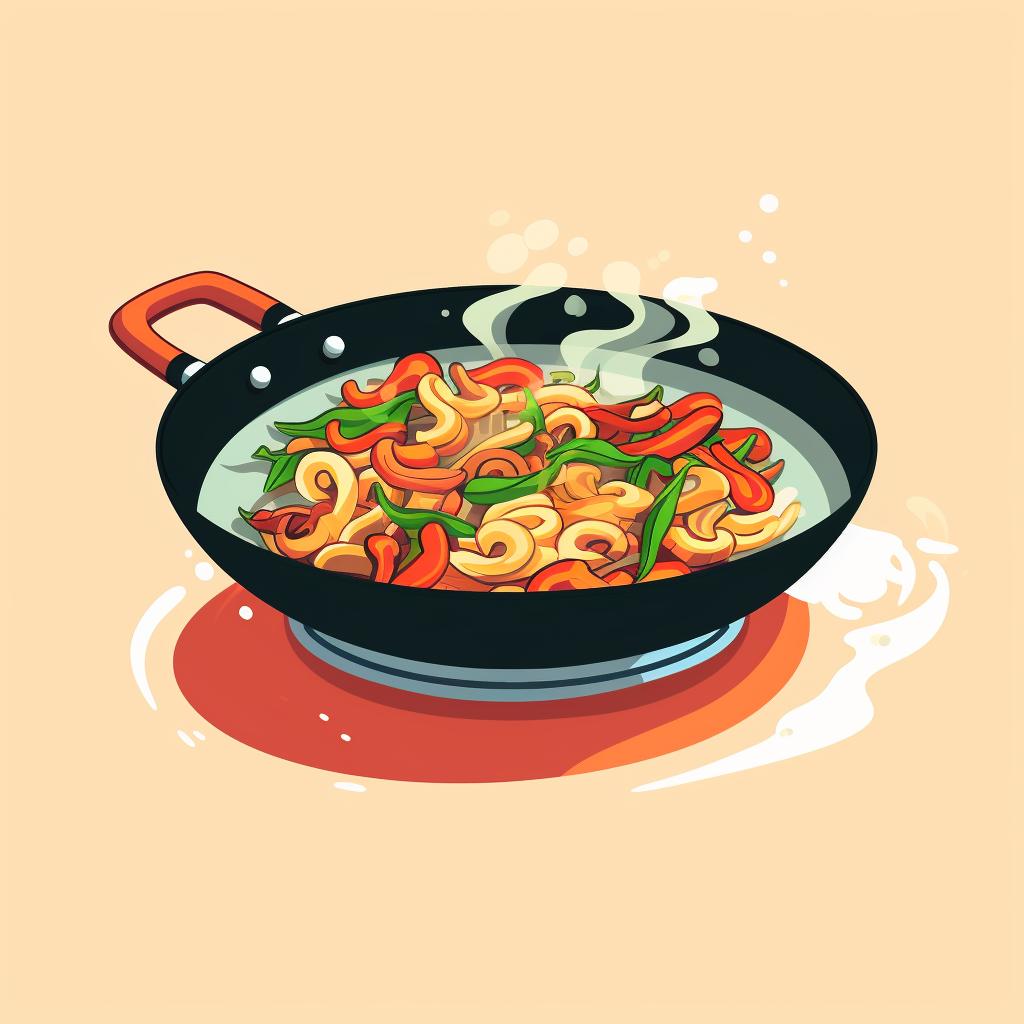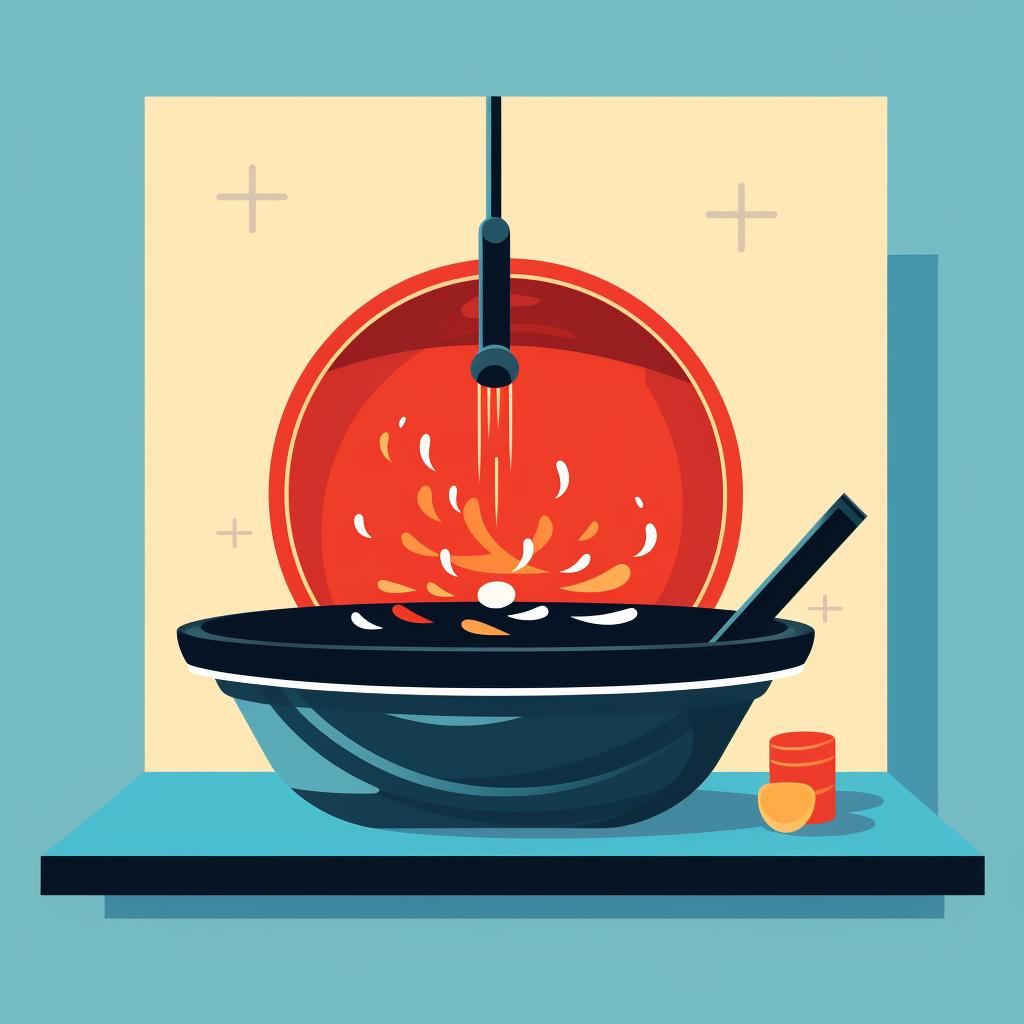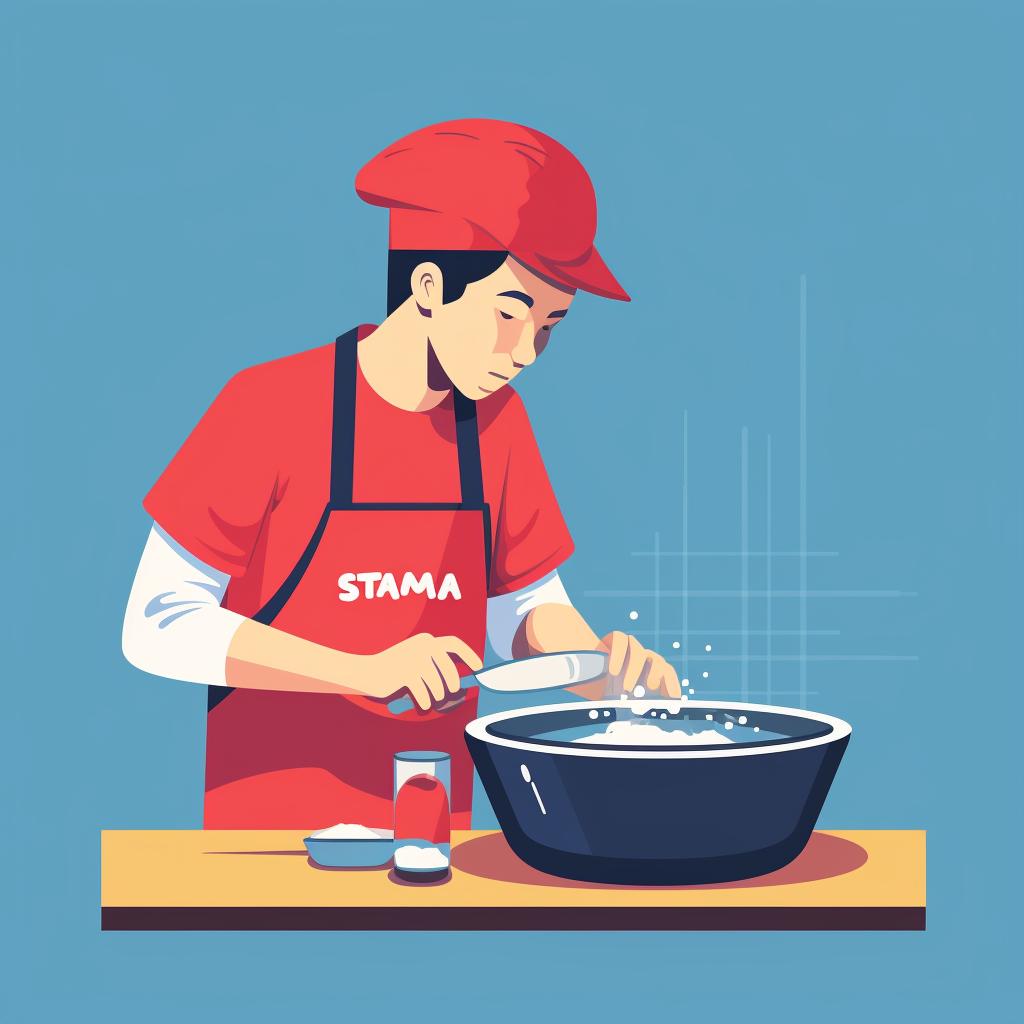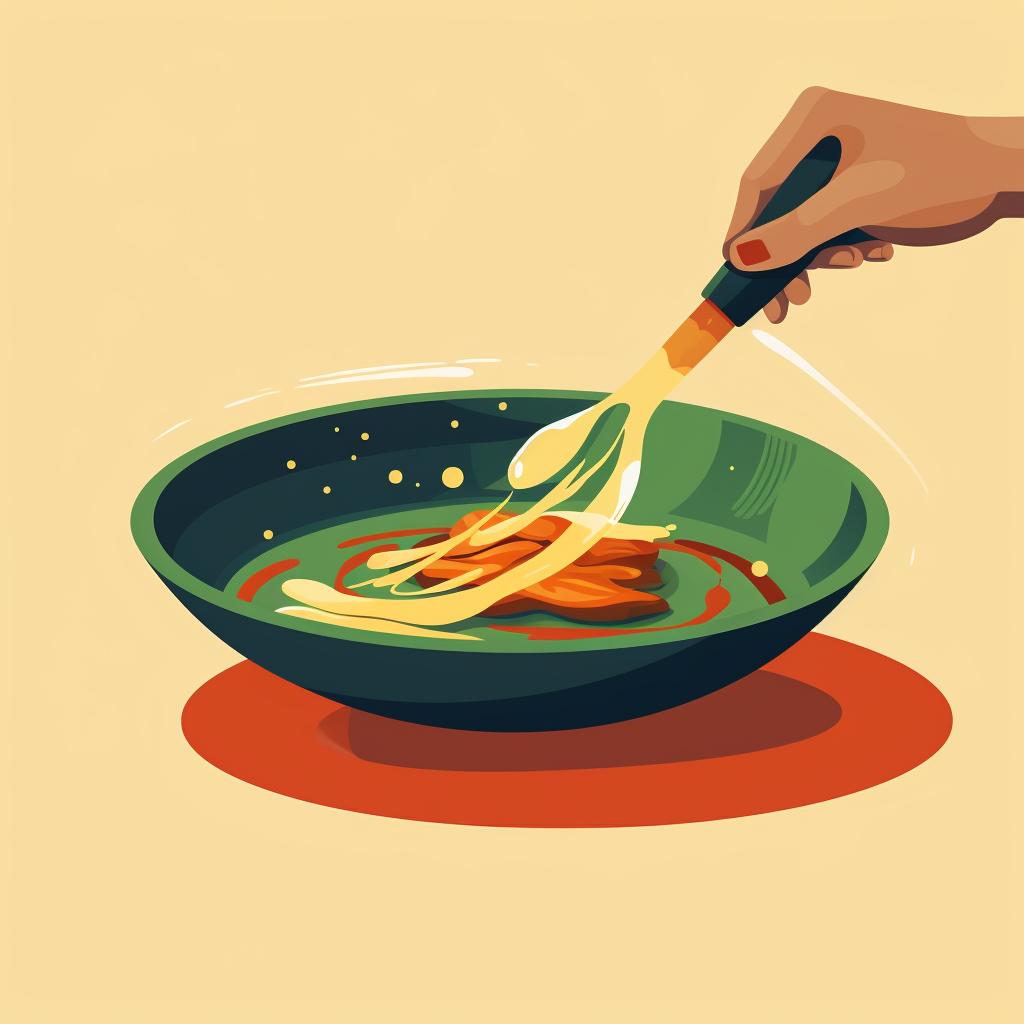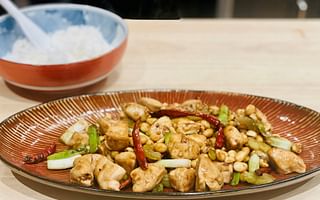🥢 The Wok Cleaning Guide: Ensuring Longevity and Taste 🥢
Mastering the art of wok cooking is not just about the stir-fry technique or the ingredients you use. It's also about knowing how to care for your wok. The longevity and taste of your dishes largely depend on how well you clean and maintain your wok. Our step-by-step guide above walks you through the process of cleaning your wok, ensuring it stays in top shape for your next culinary adventure.
Wok cleaning is a ritual that starts with letting your wok cool down. Remember, plunging a hot wok into cold water can cause it to warp or crack, affecting its performance. Once it's cool, it's time to rinse it with warm water. But remember, never use soap. Soap can strip away the seasoning of your wok, which is essential for that authentic Asian flavor we all love. If you're unsure about the seasoning process, our article on how to season a wok can guide you through it.
Next, scrub your wok gently with a non-metallic scrubber. The aim is to remove food particles without scraping off the wok's seasoned surface. After scrubbing, rinse it again with warm water and dry it thoroughly. You can place it on a heated stove for a few minutes to ensure all water evaporates. This step is crucial to prevent rusting. Finally, oil your wok up with a thin layer of vegetable oil. This not only prevents rust but also helps maintain the seasoning, ensuring your wok is ready for your next stir-fry session.
Now that you know how to clean your wok, why not put it to use? Whether you're a beginner or a seasoned cook, our collection of easy and delicious wok recipes is sure to inspire. From tofu to broccoli, our diverse Asian recipes guide will help you explore the versatility of wok cooking. And if you're looking for a healthy option, our ultimate vegetable stir-fry recipe is a must-try.
Remember, a well-maintained wok is the secret to delicious, authentic Asian cuisine. Happy wok cooking!

